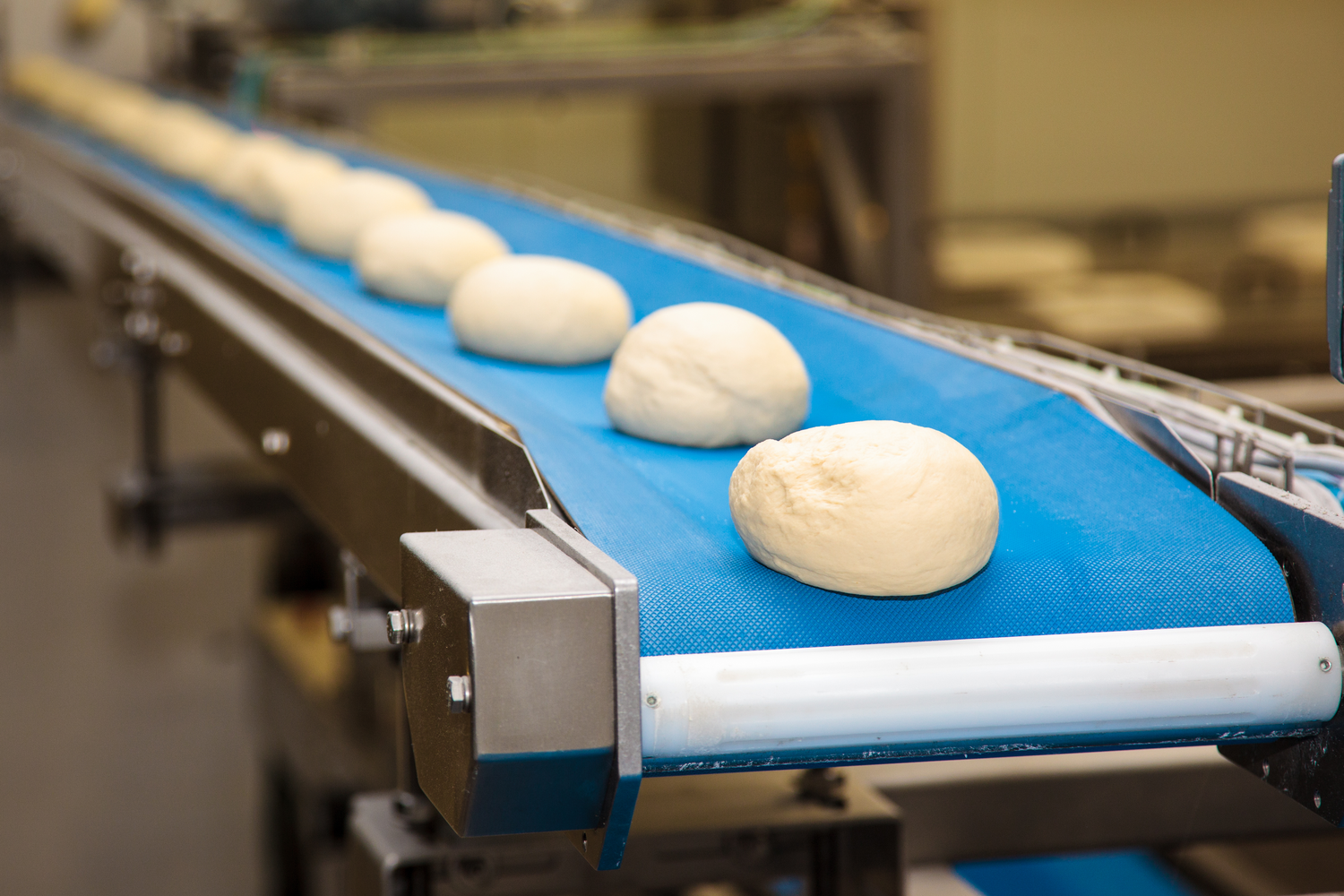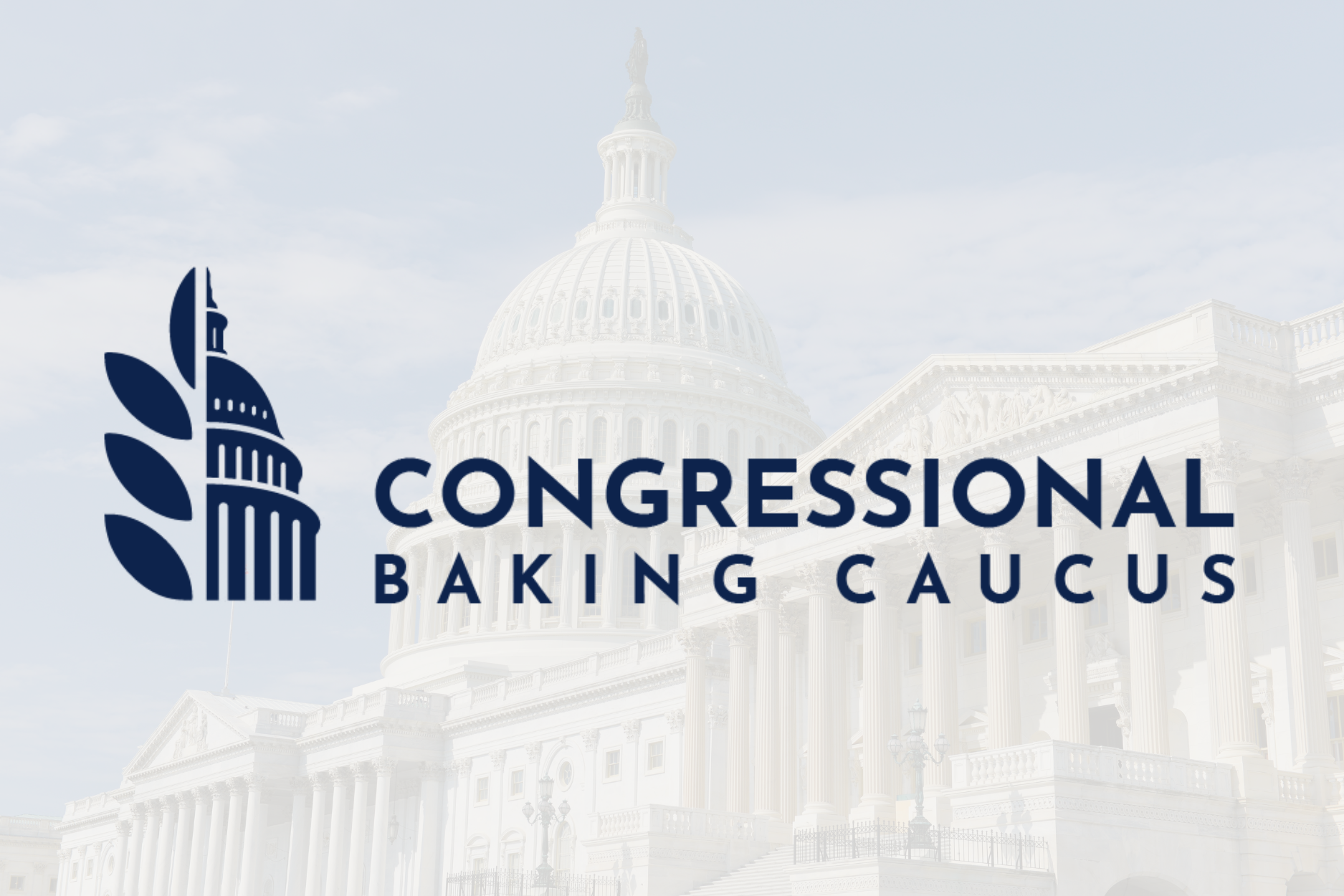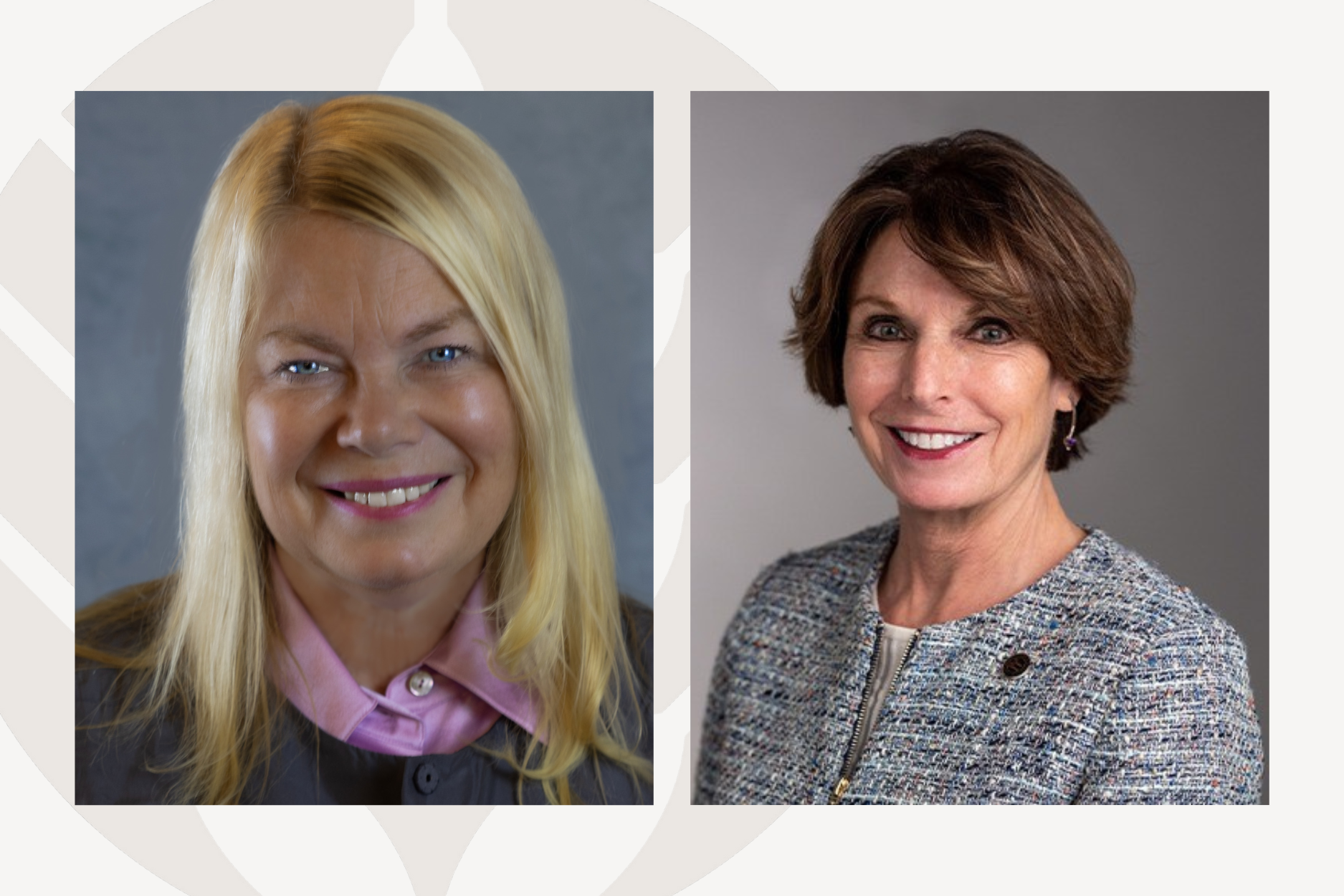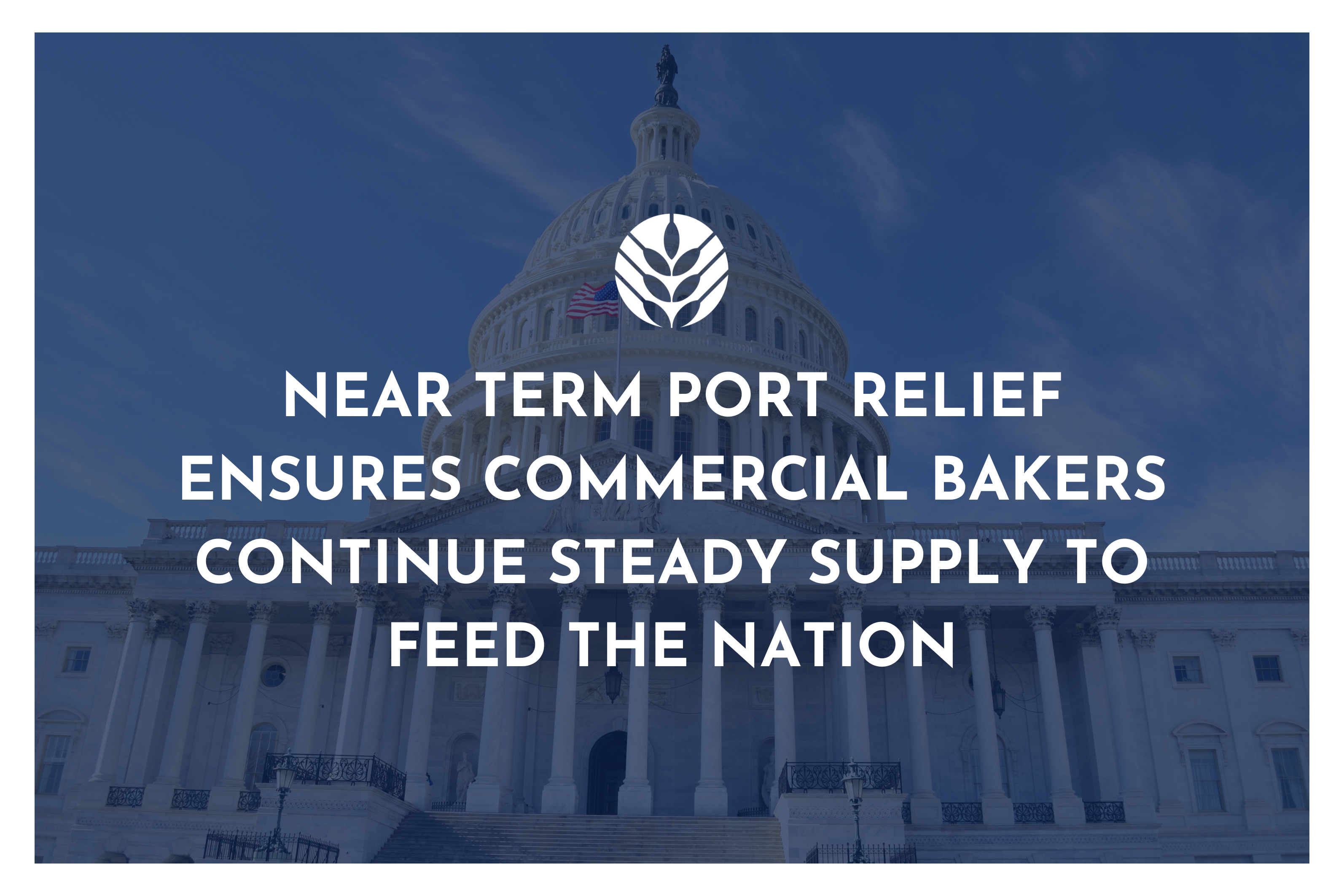What’s the most important strategy as the baking industry responds to the coronavirus crisis?
As it turns out, the key strategy is to stay nimble, because needs keep changing. Bakers are remaining nimble by leveraging deep relationships across government and industry, according to Lee Sanders, American Bakers Association’s Senior Vice President, Government Relations and Public Affairs.
“Being nimble, to move quickly and pivot from one issue to another, is really important,” Sanders said in an ABA podcast.
Sanders was interviewed by ABA’s Katie Juhl, Director of Communications and Marketing, and Hailey Blumenreich, Marketing and Communications Coordinator.
ABA Proactive with Federal Agencies
ABA and its food industry partners have been proactive in discussions with federal agencies – including the Food & Drug Administration (FDA), Department of Agriculture (USDA), and Centers for Disease Control and Prevention (CDC).
Baking is part of the Food and Agriculture critical infrastructure sector recognized by the Department of Homeland Security.
“Our workers are essential and we’re on the front line,” Sanders said. “There’s a bigger demand than ever for our products.”
ABA has focused on solving problems for member companies, for needs ranging from employee screenings to food labeling.
An important government move was the relaxation of certain food labeling rules. This flexibility helped enable foodservice production to be quickly shifted to retail, as needed.
“We’re really glad to have that new flexibility that allows us an opportunity to get more product to the retail store shelves for American families,” Sanders said.
In another example of flexibility from government, the Federal Motor Carrier Safety Administration (FMCSA) provided hours of service emergency regulatory relief for commercial vehicle drivers. This initiative supports the movement of food products geared for distribution centers or stores.
“We’ve been working hand in hand with the federal agencies,” Sanders said. In many cases discussions are leading to new decisions, policy documents, protocols, and guidance.
Member Resources Updated in Real-Time
ABA has placed a priority on regularly updating its coronavirus resources website page, which can be accessed from the main ABA website. The wide range of resources available include critical infrastructure certifications, employee communication templates, an extensive list of wholesale baking companies’ hiring opportunities, tips about use of face masks, guidance from a wide variety of government agencies, and industry group resources.
A lot of the information is focused on “effective ways to arm your staff and your management to make sure that they’re doing everything that they can to keep their workers safe,” Sanders said.
One document, for example, outlines the most effective and efficient ways to screen employees for COVID-19. Another document involves how to proceed in the case of a positive test at a facility.
Sanders said that even if an ABA member recently has viewed the resources page, “You probably want to go back to it again, because things are changing almost on a daily basis.”
Crisis Leads to Industry Collaboration
During this emergency, ABA and the food industry at large are working together more closely than ever.
“It takes a lot of coordination, and certainly we’re not doing it by ourselves,” Sanders said.
ABA has been working in conjunction with groups including The Food and Beverage Issue Alliance, which ABA chairs along with American Frozen Food Institute. The Alliance, with over 58 food industry associations, has held regular meetings with FDA senior officials in recent years, which helped to lay the groundwork for close working relations with FDA during this crisis.
FDA knows “we’re a trusted resource and that we would be helpful in getting whatever is needed” during this emergency, Sanders said.
Future Lesson for Preparedness
The coronavirus crisis has forced the baking industry to move at lightning speed to address challenges and find solutions.
“We’ve moved through so much, it’s amazing how much we’ve done in a very short amount of time,” Sanders said.
ABA is gathering long-term insights even as it proceeds with daily response activities. At some point the learnings will be useful for future preparedness.
“There are going to be some great lessons learned when we come out of this,” she said. “Think about what we’re going to have learned in how to be prepared and successfully manage for a national emergency,” and how the industry can be effective in “keeping bread on the shelf for customers all over this country. It’s just amazing.”
Listen Now on BaketotheFuture.org
More Bake to the Future
Listen to Episode #3 with Robb MacKie about what this crisis means for bakers and read the article recap.
Listen to Episode #4 with Rasma Zvaners about food safety and Coronavirus and read the article recap.



